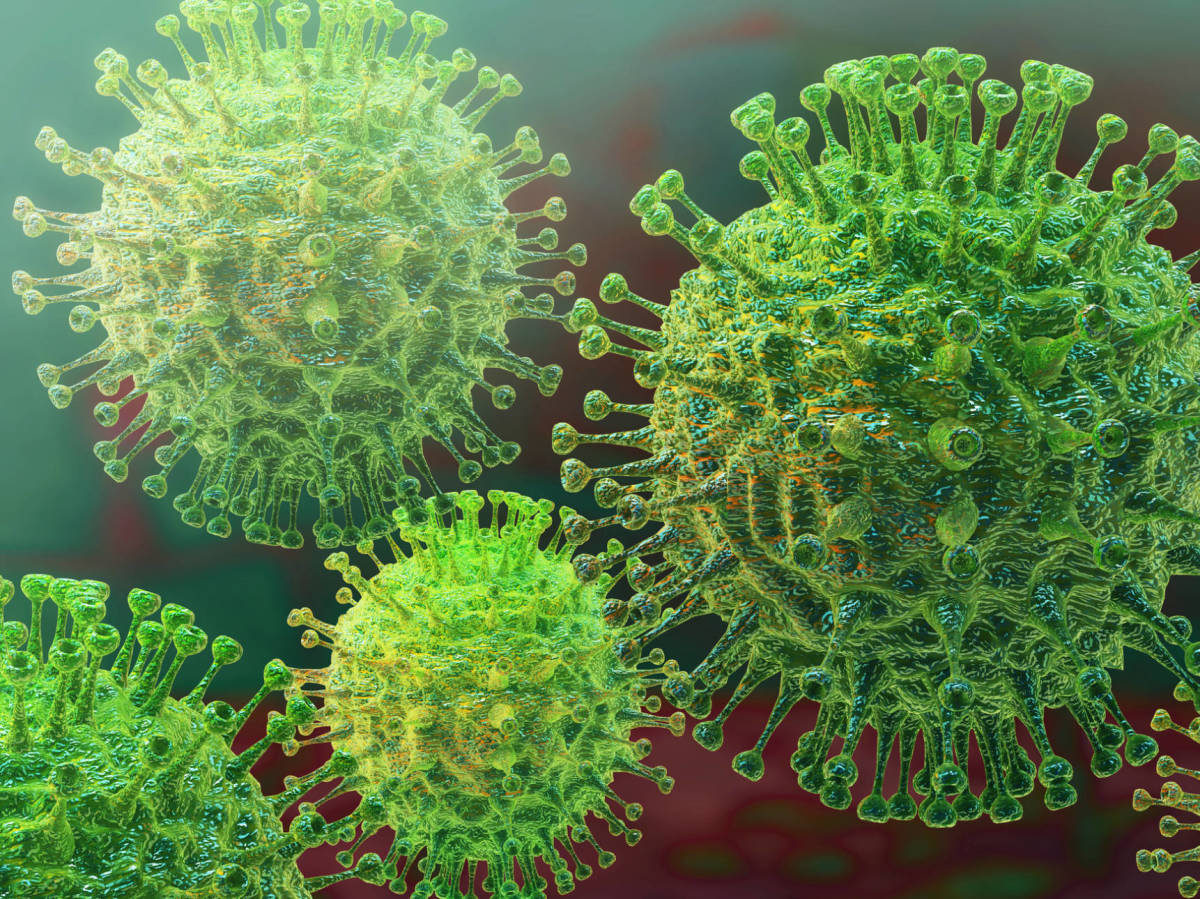COVID19 vaccine and neurological complications
As more patients gain access to the coronavirus disease - 2019 (COVID-19) vaccines, neurologists are facing questions about potential neurological complications, benefits, and timing of vaccination.
Four major vaccine mechanisms have been explored for the COVID-19 vaccines: DNA-based vaccines, mRNA-based vaccines, protein-based vaccines, and inactivated virus.
Concern about neurological complications from COVID-19 vaccines escalated in the fall of 2020, when two patients developed transverse myelitis after receiving the Oxford/AstraZeneca vaccine.
In December, four cases of Bell's palsy were noted in the Food and Drug Administration (FDA) briefing documents on the Pfizer-BioNTech vaccine, compared to zero cases in the placebo group.
As of March 2, 2021, there have been 9,442 reports of adverse reactions reported in VAERS to the mRNA-based vaccines to SARS-CoV-2. Most common neurological symptoms include dizziness, headache, pain, muscle spasms, myalgia and paresthesias. Rare cases of tremor, diplopia, tinnitus, dysphonia, seizures, reactivation of herpes zoster have been reported.
There are also cases of stroke (17 cases), Guillain-Barré Syndrome (32 cases), facial palsy (190 cases), transverse myelitis (9 cases) and acute disseminated encephalomyelitis (6 cases) in the VAERS database.
However, establishing any causal link between vaccination and a neurologic condition is challenging. Because of the large numbers of patients being vaccinated and the background rate of neurological conditions in a population, some cases of neurological conditions will occur within the post-vaccination window by chance alone. To date, there has not been a clear signal suggesting higher rates of neurological disease associated with the COVID-19 vaccines.
Overall, both at an individual and a population level, the benefits of COVID-19 vaccination far outweigh the risks of a neurological complication. Prospective research will be needed to establish any association between COVID-19 vaccines and neurological complications, particularly as new strains of the virus emerge and new vaccines are developed to combat them.

